Alumni Reflections: COVID-19
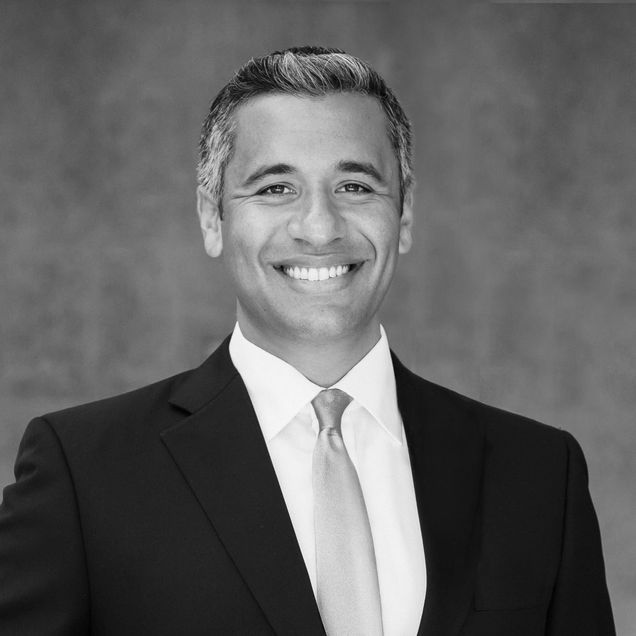
“Do not thank me — thank my wife. My wife who is today 32 weeks pregnant with our first child… Behind every essential personnel, pharmacist, nurse, doctor, janitor, respiratory therapist, tech, PA, NP is a legion of loved ones. Thank them.” Read more
Michael Sherman, MD, (MED’15)
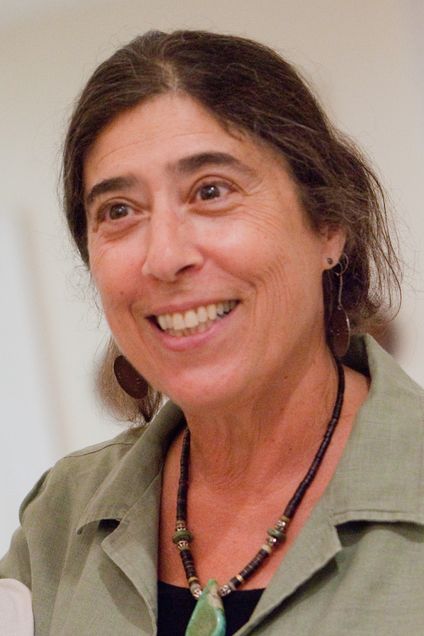
“I am a retired ob-gyn who has now embarked on a second career of writing and social activism as well as doing childcare for a just turned four-year-old granddaughter. The immediate impact of the pandemic for me was sheltering at home and being separated from physical contact with the child.” Read more
Alice Rothchild, MD, (MED’74)
“The silver lining of zoom teaching at USC during the pandemic, is that the students learned how to do a great PowerPoint and presentation, a skill that would have been learned later. I see several budding potential teachers emerging who reflected how much fun it is to teach and will keep that option open after graduation.” Read more
Maureen Sims, MD, (MED’72)
“The most striking development I have observed is the level of fear and panic that’s become quite pervasive in our society. We have young healthy employees who won’t come in to work. Most of my patients are over age 60 and the vast majority of them have literally not left their homes in 2+ months at all except to come in to see me.” Read more
Scott Pendergast, MD, (MED’91)
“I never imagined I would finish my fellowship in geriatrics and palliative care in NYC being in the epicenter of a pandemic, seeing a city that never sleeps brought to its knees, crippled.” Read more
Mitchell Wice, MD, (MED’15)
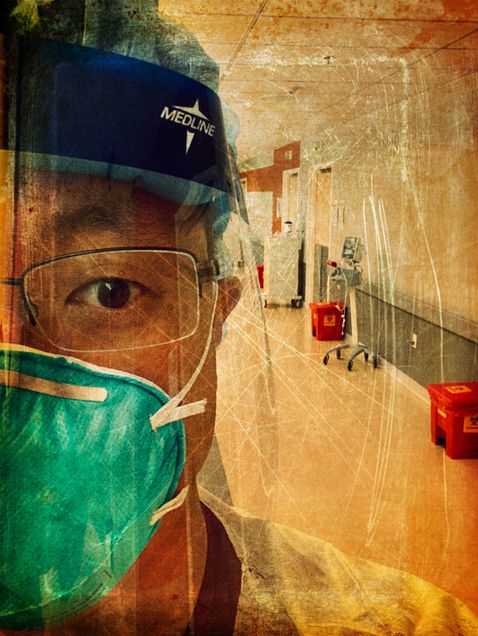
“I feel like a medical student and intern again. Every day there is something new and exciting to see, learn and discover. Science, Medicine and the World is throwing anything and everything at this pandemic.” Read more
Edmund Cheung, MD, (MED’93)
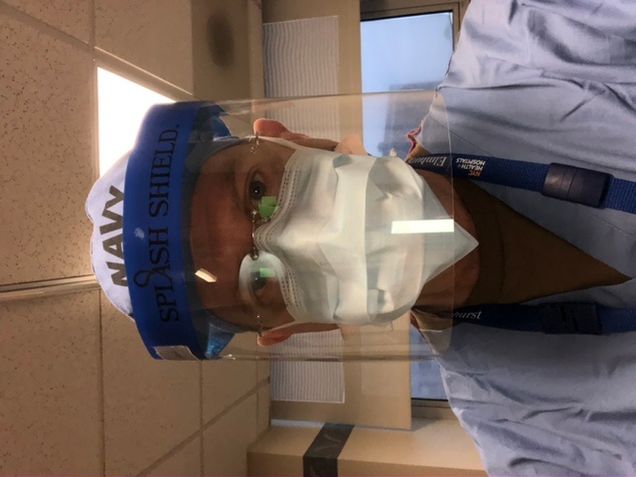
“I am currently assigned to the 4th Medical Battalion (USMC) and am working as a Critical Care Attending at Elmhurst Hospital in Queens. We were brought in to assist with a totally overwhelmed staff.” Read more
Steven T. Olive, MD, (MED’95), FAAFP
CAPT, MC, USN
“Working during the pandemic allowed me the opportunity to work in the Intensive Care Unit again. Working outside my comfort zone with a great team allowed me to learn new information regarding care for COVID-19 patients which in turn, made me a better anesthesiologist for the future.” Read more
Anthony Schwagerl, MD, (MED’06)
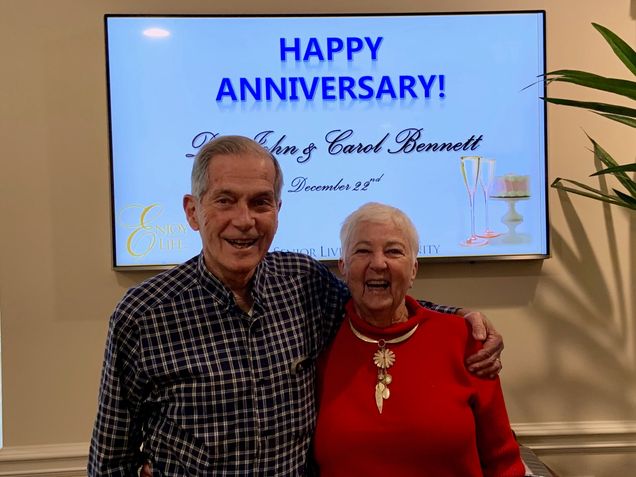
“Still working part time in Hempath, focusing on leukemia diagnoses; obligated to work from home with cases delivered daily by courier. Lectures and meetings held using Zoom! The eye to eye contact and face to face conversations has ended for now! I don’t envision much change over the next several months! Best to all and be well!” Read more
John M. Bennett, MD, (MED’59)
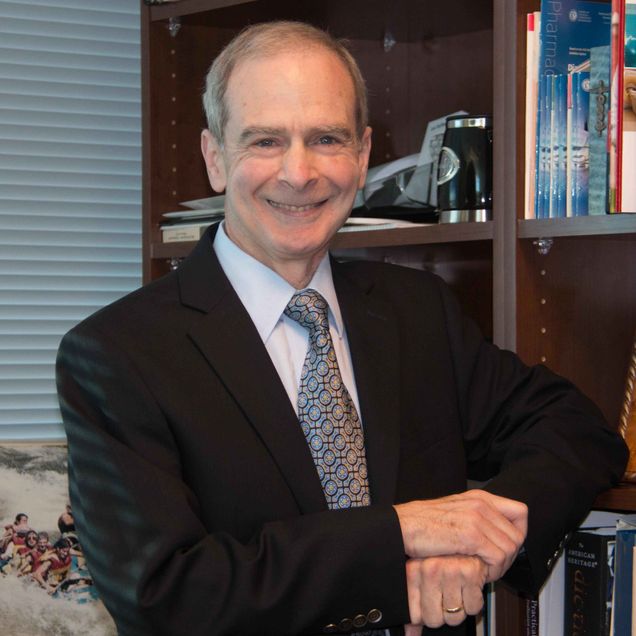
“In the last few weeks, I’ve seen a number of older women who are dutifully complying with our state’s lockdown measures. Seeing them and how they prepare themselves to see the doctor is a reminder of what an important role we play in the lives of our patients. How even if we’re a bit rushed, we need to remember that the patient we are seeing is important, and we need to show that we are glad to see them.” Read more
Joel Roffman, MD, (MED’75)
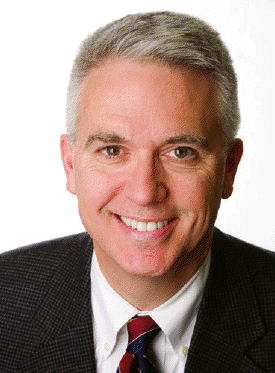
“Now doing tele-psychiatry and averaging over 35 a day. I offer video/FaceTime but 90% decline due to lack of the technology or discomfort about their appearance/condition of their home. Therefore I’m alone in my office with only their voice. I can’t see their body language or face when they tell me “things are o.k.” Read more
Walter Fitzhugh, MD, (MED’92)
“Hopefully a kinder, gentler America will rise from this; a nation that knows in its heart that we must, in fact, all hang together, or we will surely all hang separately.” Read more
Thomas Amoroso, MD, (MED’90)
“From the epicenter, Queens, it’s certainly been a challenging time to see women through pregnancy. There have been so many mothers with COVID-19.” Read more
Ashlesha Dayal, MD, (MED’93)
“We are not finished yet. We will get past COVID-19, but other infectious disease processes will occur and we need to be ready, using our strengths in public health, basic science and clinical care.” Read more
William Frishman, MD, CLA-(MED ’69)
“My hospital feels different now. There is a palpable sense of dread and fear, but there is an equal wave of resilience, love, and family.” Read more
Kevin Wong, MD, (MED’18)
“I retired from clinical practice a few years ago. This gave me the opportunity to volunteer as a medical worker at Elmhurst General Hospital in Queens, NY. Nothing in my training prepared me for what I encountered there.”
Read more
Gene Grindlinger, MD, (MED’70)
“I am reminded of my first day of medical school when Dr. Rob Lowe told us we were entering a very special profession, that we would always be needed, and if for some reason our patients couldn’t pay they would compensate us somehow.” Read more
Stephanie Feldman, MD, (MED’14)
“This is certainly not the end to fourth year we could have anticipated, but I am so incredibly proud to be a BUSM student.” Read more
Nina Gummadi, MD, (MED’20)
“I was inspired to help the employees at Peets/Chequers.” Read more
Andrea Alonso, MD, (MED’20)
“On the Covid Floor, everyone wears masks: RNs, EVS, Laboratory, Me and the Patients. All we can see are each other’s eyes.” Read more
Edmund Cheung, MD, (MED’93)
TO PROTECT THE PUBLIC, LAWMAKERS MUST HELP KEEP HEALTHCARE WORKERS SAFE
Rosemary Sokas, MD, (MED’74)
“Shortages of disposable N95 respirators and other forms of personal protective equipment (PPE) are being widely reported while first responder and healthcare worker illnesses are rising.”
Descent into Hell
Philip Barie, MD, (MED’77)
“I still have three intensive care units (one that is makeshift [transformed from an ambulatory surgery recovery area]), full of 52 critically ill patients with COVID-19, collectively among the sickest patients I have ever cared for.”
SSS Mantra
Ronald Ragland, MD, (MED’82)
“I opine the mantra of so-called “Social Distancing” is exceptionally unfortunate and ought to be fully expunged. Why? B/C Social Distance [Social Isolation] is a contributing factor to worsened outcomes; i.e., such as a co-morbidity!!”